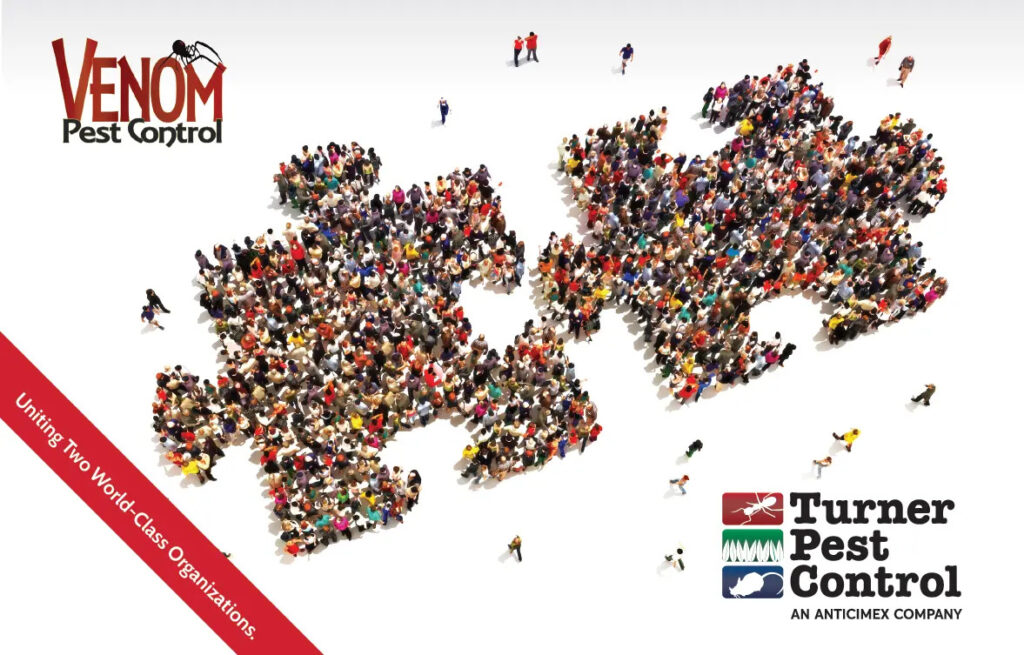 With the holiday season coming to an end, we’re just two months away from early spring in Florida, a time when destructive Formosan subterranean termites begin to swarm. One of the most important steps you can take to ensure your home is protected is to have a professional pest control technician inspect your property for signs of these termites and begin a Formosan termite pest control program as soon as possible.
With the holiday season coming to an end, we’re just two months away from early spring in Florida, a time when destructive Formosan subterranean termites begin to swarm. One of the most important steps you can take to ensure your home is protected is to have a professional pest control technician inspect your property for signs of these termites and begin a Formosan termite pest control program as soon as possible.
According to the National Pest Management Association (NPMA), Florida’s warmer temperatures allow termites to breed and infest structures earlier in the year, even before the first day of spring on the calendar. With just one Formosan subterranean termite colony containing several million termites—compared to hundreds of thousands of other native subterranean termite species—early detection and treatment is critical to stopping their spread.
The Costly Damage Done by Termites
Formosan termites are the most destructive termites in the country. Although an individual Formosan subterranean termite does not consume any more wood than any other type of subterranean termite, the sheer size of the Formosan population allows them to do more extensive damage in less time. Because they can chew through flooring, wood, and even wall coverings undetected, the spring swarm may be the first time you notice their presence. By then, however, a great deal of destruction may already have happened.
If you have never had your home inspected for termites, make 2018 the year you do. Since few homeowners’ insurance policies cover termite damage, preventive measures may save you thousands of dollars in repair costs, or even save your home itself. According to the University of Florida’s Institute of Food and Agricultural Sciences, an estimated $16.6 billion is spent nationwide just to repair termite damage, an increase from the $5 billion estimate from the NPMA a decade ago.
Preventing Formosan Termite Problems
The NPMA recommends that homeowners schedule an annual professional termite inspection. In addition, there are steps you can take on your own to help control the population of these pests:
- Keep wood away from soil: If you keep a supply of firewood on hand, store it a minimum of 20 feet away from your house and off the ground. You should also make sure there is plenty of space between parts of your house made of wood and the soil.
- Routinely inspect your home’s foundation: Look for visible damage to wood and signs of mud tubes, and listen for a hollow sound when wood is tapped.
- Eliminate moisture sources before spring arrives: This is one of the most important steps you can take right now, before termite season ramps up. All types of termites do well in high humidity, so do all you can to reduce humidity levels inside your home’s attic and crawl spaces: Use gutters and downspouts outside to divert water flow away from your home’s foundation, and take time now to repair leaky faucets, exterior AC units, and pipes. While rainfall averages during our winter months are lower than in summer, our humidity levels stay high, giving termites a chance to thrive.
Whether you’ve already seen signs of termites or simply want to ensure your home is safe from termite destruction, schedule a free estimate with one of Turner Pest Control’s termite extermination experts. We provide comprehensive inspection and treatment services, and use the most innovative methods to protect your home, including the Termidor HP system, a high-tech solution that’s effective while minimizing disruption to your landscaping.
Don’t wait for spring swarms to begin! Complete the form at right to get a free estimate for your home.


